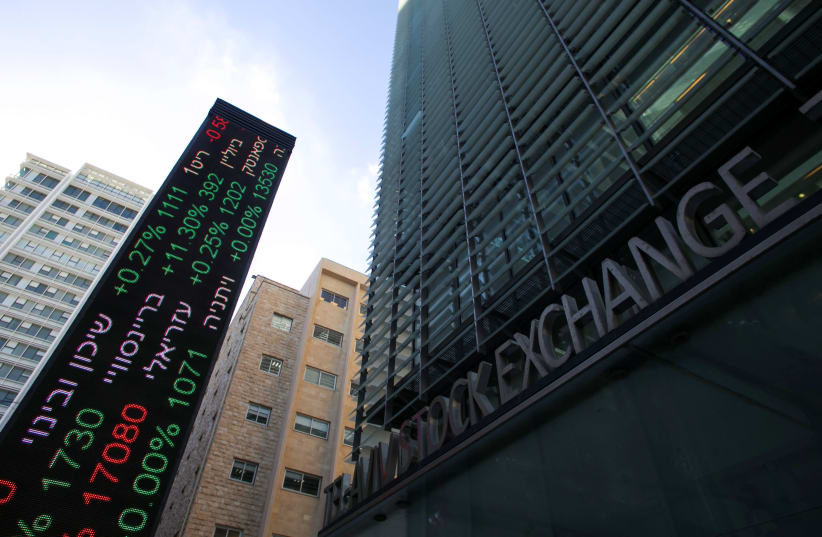Companies are lining up to go public in Tel Aviv at a rate unseen in over a decade with the stock exchange getting a much needed boost as coronavirus limitations prompt businesses to raise funds closer to home.
About 30 firms filed to list on the Tel Aviv Stock Exchange in the third quarter, a level unmatched since before the 2008 global financial crisis and up from 23 for all of 2019, according to the Israel Securities Authority (ISA).
There is of course no guarantee all will follow through in an economy hit by COVID-19, but this could help the exchange turn a corner after it lost many passive investors following a 2010 upgrade to developed market in the MSCI index.
Daily trade volume that was halved from a 2010 peak of $547 million has been slow to recover, reaching $365 million in 2019. The number of listed companies dwindled to 442 from 613.
Travel restrictions to battle the pandemic have made it tougher for Israeli firms to connect with investors abroad and the local capital market has become a more plausible option, ISA Chairwoman Anat Guetta told Reuters.
Simultaneously, more accommodating regulations, like allowing financial reporting in English, and taking the exchange public last year have made the Tel Aviv bourse more accessible to foreign players, she said.
“We’re seeing mostly prospectuses from companies dealing in innovation, clean energy, high-tech, sectors we really didn’t see in the past,” Guetta said.
Israel’s booming technology sector has typically shied away from the Tel Aviv exchange, opting for private funding or foreign bourses. The pandemic has made that harder, especially for less established companies.
“It’s become very local. There is less flying, less meeting investors around the world,” Guetta said.
“All you need to do is leave your office and head to Rothschild boulevard,” she said referring to the financial heart of Tel Aviv. “It’s much simpler, more accessible and safer these days.”
